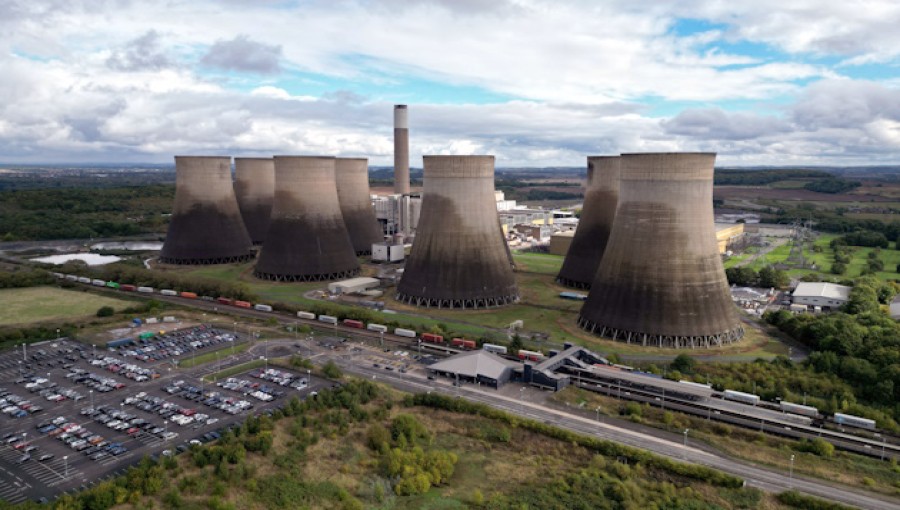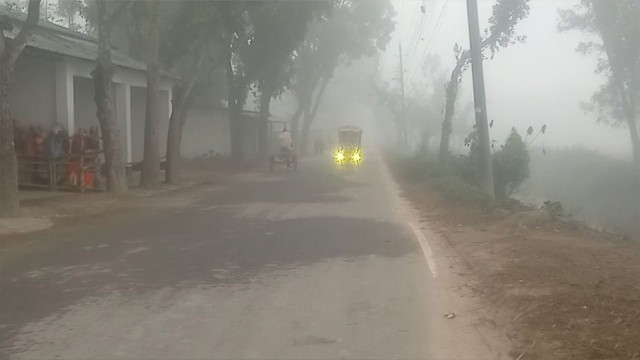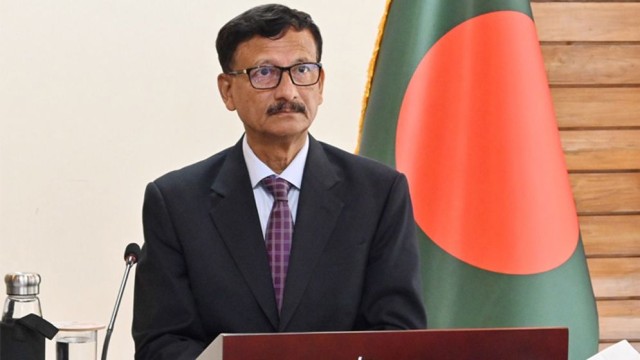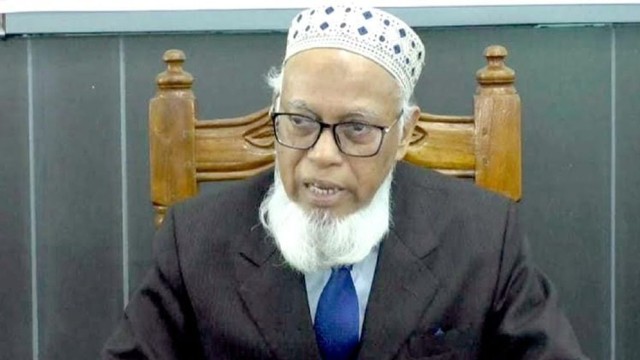Sept 30, V7N - Britain is set to make history as the first G7 nation to completely phase out coal-fired power production with the closure of its last operational plant, Uniper’s Ratcliffe-on-Soar, located in the Midlands. This marks the end of over 140 years of coal power in the country.In 2015, the UK government announced plans to shut down coal plants within a decade as part of its broader strategy to meet climate targets.
At that time, coal accounted for nearly 30% of the nation’s electricity generation, but this figure has dramatically decreased to just over 1% last year.Julia Skorupska, Head of the Powering Past Coal Alliance, praised the UK’s rapid transition away from coal, stating, “The UK has proven that it is possible to phase out coal power at unprecedented speed.” This decline in coal usage has significantly contributed to reducing Britain’s greenhouse gas emissions, which have more than halved since 1990.With a goal to achieve net-zero emissions by 2050, the UK also aims to decarbonize its electricity sector by 2030, necessitating a swift increase in renewable energy sources like wind and solar.
Energy Minister Michael Shanks remarked, “The era of coal might be ending, but a new age of good energy jobs for our country is just beginning.”Energy-related emissions account for approximately three-quarters of total greenhouse gas emissions, and experts emphasize the need to reduce fossil fuel usage to meet the targets established under the Paris climate agreement.
In April, the G7 countries committed to eliminating coal power by the first half of the next decade, although they allowed some flexibility for economies heavily reliant on coal, which has drawn criticism from environmental groups. Christine Shearer, a Research Analyst at Global Energy Monitor, highlighted the need for urgent action, particularly in countries like Japan, the U.S., and Germany, where coal still constitutes a significant portion of electricity generation.
END/CLM/RH/































Comment: